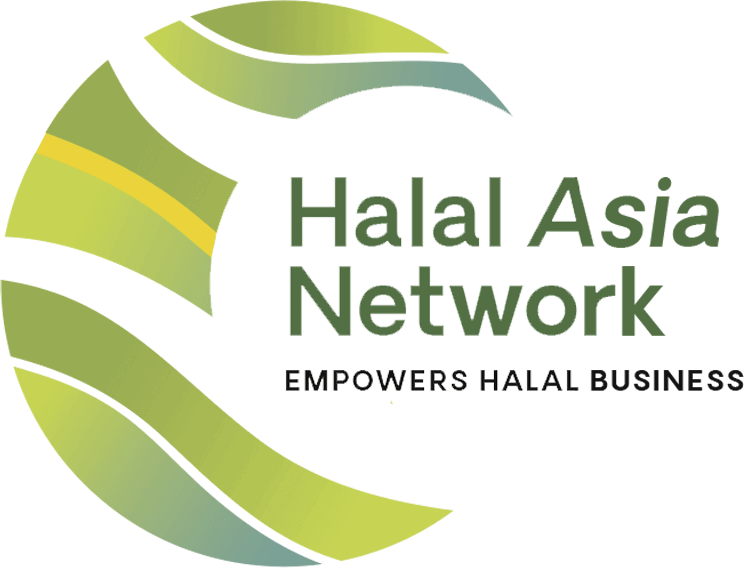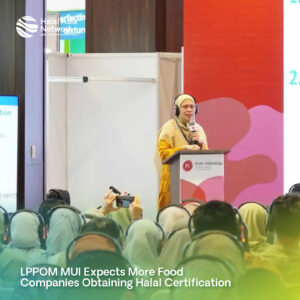According to Dinar Standard's State of the Global Islamic Economy (SGIE) Report 2022, Indonesia will be the largest consumer of halal products in 2022, with demand surpassing US$ 200 billion. During the seminar titled "Securing Your Business in Indonesia with Halal Food Ingredients Certification," which was held on September 6, 2024, the Director of The Assessment Institute for Foods, Drugs, and Cosmetics of The Indonesian Council of Ulama or abbreviated as LPPOM MUI, Muti Arintawati said that although Indonesia placed on the first rank of consumers of halal products among other countries, there are still many enterprises, especially Small and Medium Enterprises, which
To acquire halal certification, private firms must have control over key aspects such as raw materials, manufacturing processes, and production facilities. Materials derived from animals must be halal and slaughtered in accordance with Islamic norms. Furthermore, extra ingredients, such as enzymes, must be derived from halal animals in the production process. Finally, the production facilities must not be polluted with non-halal components. According to the Indonesian Council of Ulama (MUI), halal products can be classed based on their raw materials, manufacturing techniques, and production facilities. To assure the sustainability of the halal status of products, MUI developed a mechanism that can guarantee the sustainability of the halal status of a single product.
The director of LPPOM MUI remarked that several aspects, including regulation, trends, and third-party halal assurance, determine halal certification's success. To expedite the halal certification process, LPPOM MUI developed specific programs that demonstrated that the halal examination process could be completed in 9 days. Other developments from LPPOM MUI include a discussion forum via a call center for market players who do not yet have halal certification and a database for customers to determine if products are halal. The conversation platform is adaptable because it includes a contact center and a WhatsApp number. The database has also become a game changer invention because it can track products' halal status.
Assessment
According to Mandatory Halal Certification regulations, private firms in Indonesia must get halal certification by the deadline of October 2024. In this regard, LPPOM MUI anticipates that many private firms will be able to meet their mandatory halal certification requirements under current regulations. LPPOM MUI has developed significant changes in terms of examination time, halal product debate, and a halal product database. Because Indonesia is dominated by Small and Medium Enterprises, LPPOM MUI and other government organizations must communicate information widely to hasten the halal certification process. If the date for Mandatory Halal Certification is changed, the government must offer adequate details to guarantee the assurance of private firms.

